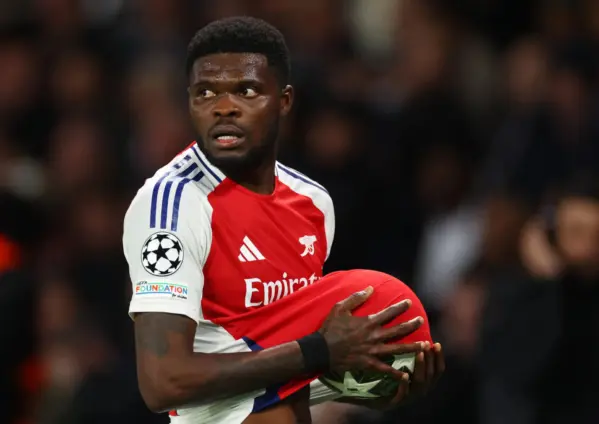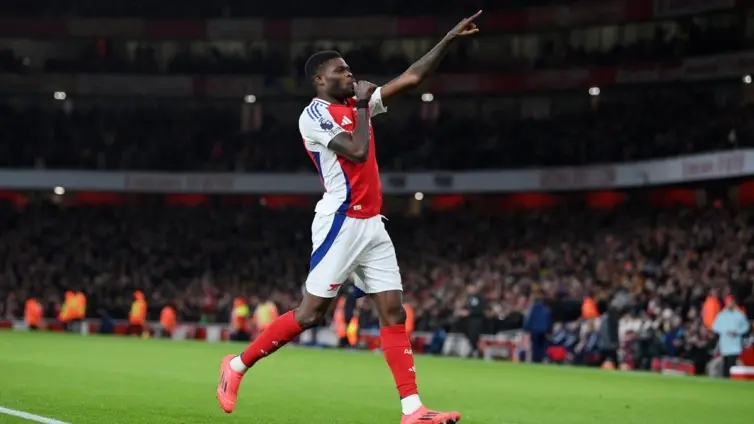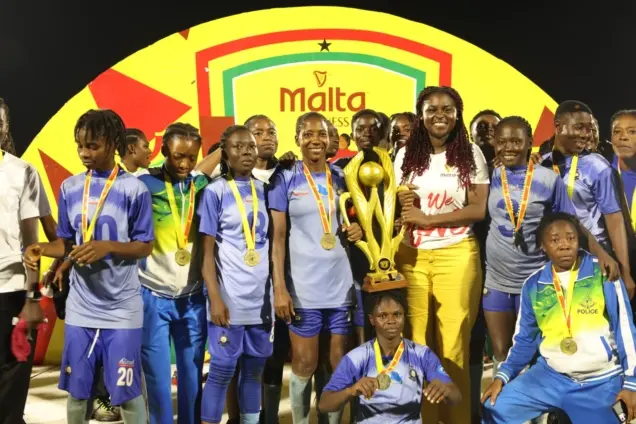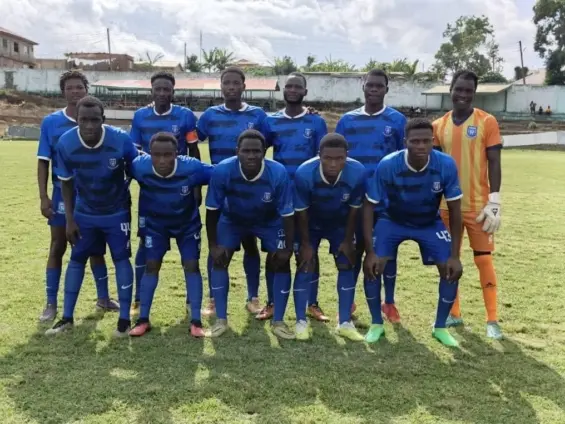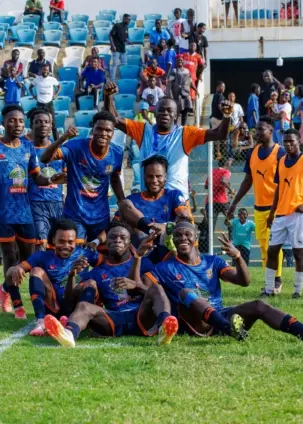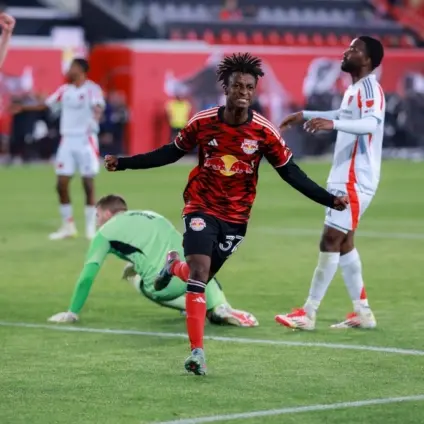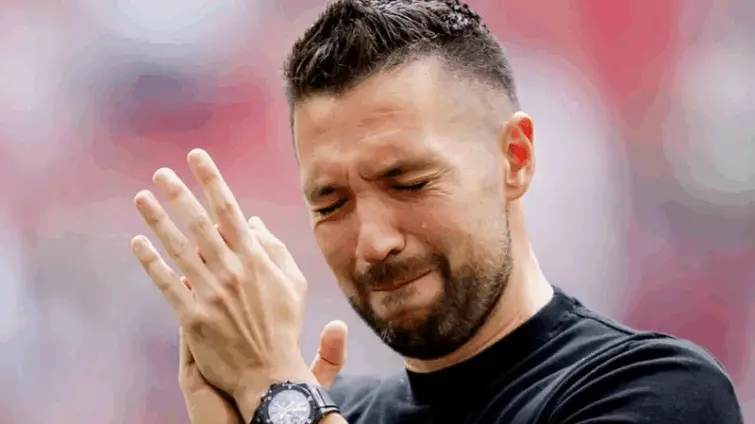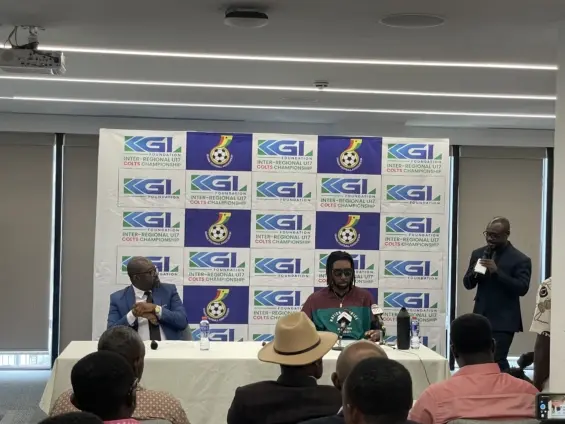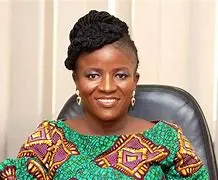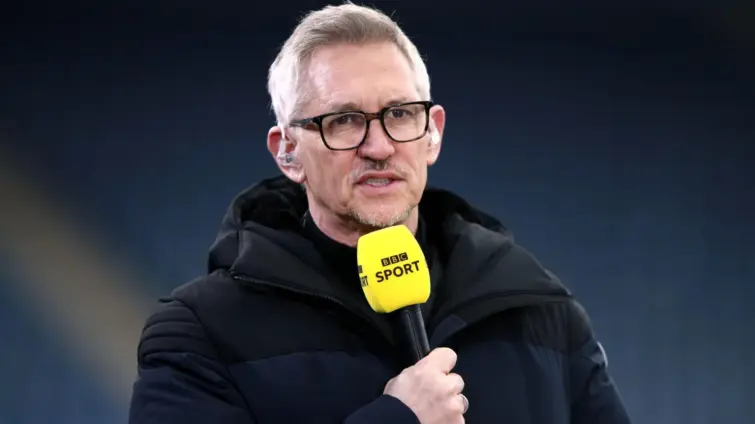Augustine Arhinful, a respected voice in Ghanaian football, has ignited a debate with his strong criticism of the Ghana Football Association’s (GFA) increasing reliance on club coaches to lead national teams. His central concern revolves around potential conflicts of interest and the impact on fair player selection, raising crucial questions about the future of Ghana Football Coaching.
The trend of appointing coaches who simultaneously manage local clubs to national team positions has become increasingly common. Arhinful argues that this practice could lead to compromised scouting and, ultimately, corruption within the system. The core of his argument rests on the potential for these coaches to prioritize players from their own clubs, potentially overlooking talent from other teams or even from outside the local league.
“National team coaches must not be allowed to coach club sides. If we allow that, I am sorry to say that corruption will rise in our game,” Arhinful stated emphatically on Asempa FM, highlighting the urgency of the situation.
The dual role presents significant scouting challenges. A coach burdened with the day-to-day responsibilities of a club team may struggle to dedicate the necessary time and resources to effectively scout players across the country and beyond. This limited focus could result in a skewed selection process, disadvantaging deserving players who may not be affiliated with the coach’s club.
Arhinful’s Call for Change in GFA Coaching Appointments
The Current GFA Strategy: A Critical Look
The GFA’s rationale behind this approach likely stems from a combination of factors, including budget constraints and a perceived familiarity with local talent. Appointing coaches already working within the domestic league may seem like a cost-effective solution, offering a readily available pool of candidates with knowledge of the local player base. Furthermore, this approach can be seen as a way of empowering and promoting Ghanaian coaches. While there may be potential benefits, there are legitimate concerns about the limitations of relying solely on coaches entrenched in the local league. The lack of exposure to international coaching methods and perspectives could hinder the national team’s ability to compete on the global stage, leading to stagnation in development.
Proposed Solutions: A Way Forward for Ghana Football
Arhinful proposes a fundamental shift in the GFA’s approach, advocating for the employment of full-time national team coaches. He argues that the GFA should take responsibility for directly employing and compensating these coaches, allowing them to focus solely on national team duties without the distractions and potential conflicts of interest associated with club management. The benefits of dedicated national team coaches are numerous. With no club allegiances to uphold, these coaches can dedicate their time to comprehensive scouting, strategic planning, and player development. This focused approach could lead to improved team performance and a more consistent representation of the nation’s best talent. Supplementing full-time coaches, investing in coach development programs is also key. This can be done by sending coaches abroad on attachment to learn about modern football.
Implementing clear guidelines and oversight mechanisms is crucial to prevent conflicts of interest. Stricter regulations governing coach appointments, coupled with independent oversight committees, can ensure transparency and fairness in player selection. Such measures would safeguard against any potential bias towards players from specific clubs or regions, fostering a more equitable and competitive environment for all.
Potential Impact on Ghana’s Football Future
The implications of the GFA’s current strategy, and the potential impact of Arhinful’s proposed solutions, extend far beyond individual player selections. Addressing these concerns could pave the way for a stronger, more competitive national team capable of achieving sustained success on the international stage. Improved player development and scouting networks, coupled with a more transparent and equitable selection process, would create a more robust and sustainable foundation for Ghana Football Coaching, and for the future.
In the short term, the focus should be on ensuring fair and unbiased player selection for upcoming tournaments. Failure to address these concerns could jeopardize the national team’s chances of success and further erode public trust in the GFA. Ultimately, the GFA must prioritize long-term national team development over short-term gains, making strategic decisions that benefit the entire football ecosystem. The future trajectory of Ghana Football Coaching depends on it.
Image Source: MYJOYONLINE



